As We all Know Type 2 diabetes is a common condition with numerous risk factors, Causes of type 2 diabetes may range from lifestyle factors such as obesity and lack of exercise to being diagnosed with gestational diabetes during pregnancy. When we are healthy, we will pay attention to whether there are any ways to prevent diabetes. When You are already living with Type 2 diabetes, what good lifestyle habits can help us maintain a stable Blood Glucose level condition?
Working closely with your doctor, you can manage your diabetes by focusing on six key changes in your daily life. Here are 6 simple steps that you can take to help manage the Diabetes Sugar levels Stable condition and improve your overall well-being.
1. Healthy Eating Plan
One of the most important steps you can take to manage diabetes and lower your risk of heart disease is to improve your diet & change the unhealthy eating lifestyle. Whenever possible, reduce or cut out sodium, trans fat, saturated fat, and added sugars from your meals.

Try to make sure that every meal you eat has a healthy balance of fruits, vegetables, starches, fats, and protein. Choose lean, skinless meats like poultry and fish over fatty red meat, and avoid fried foods as a general rule. Always go for whole-grain options when buying bread and pasta, and choose low-fat cheese and milk products when shopping in the dairy aisle.
Pay Attention:
Before Making Your Healthy Eating Plan As with any medical condition, people with type 2 diabetes should check with their doctors before starting any diet. It's also a good idea to work with a registered dietitian and/or diabetes educator to come up with an eating plan that suits your needs.
2. Keep Doing Exercise
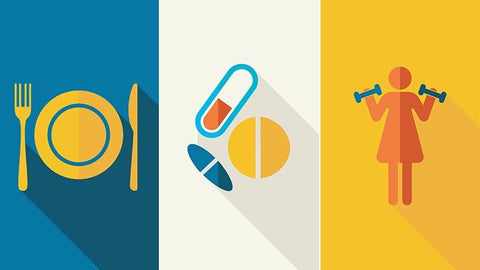
How Does Exercise Affect Blood Sugar? When you exercise, your body needs extra energy from blood sugar, also called glucose.
When you do something physical activity quickly, like a sprint to catch the bus, your muscles, and liver release glucose for fuel.
Exercise usually lowers your levels. If you take insulin or diabetes meds, a boost in workout intensity or length can mean you’ll have to adjust your snacks, medication, or both. Talk to your doctor about what’s right for you.
Pay Attention: Have a talk with your doctor. Let them know what you want to do. They can make sure you're ready for it. They'll also check to see if you need to change your meals, insulin, or diabetes medicines. Your doctor can also let you know if the time of day you exercise matters.
3. Manage Mental Stress Health
Stress can affect people differently. The type of stress that you experience can also have an impact on your body’s physical response. High levels of stress increase your risk of high blood pressure, which significantly ups your odds of developing heart disease.
If you typically experience a lot of stress or anxiety, you should make reduce stress exercises like deep breathing, meditation, or progressive muscle relaxation a part of your daily routine. These simple techniques only take a few minutes and can be done almost anywhere. They can also make a huge difference when you’re feeling particularly stressed out or anxious.
4. Monitoring Blood Sugar Level
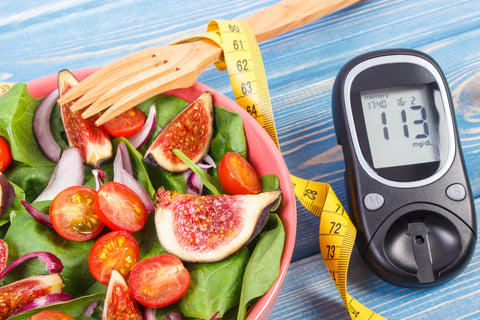
Taking a few minutes every day to check your blood sugar and blood pressure levels and record the results is a helpful habit. Home monitors for both your blood glucose and blood pressure are available online and at most pharmacies. The cost may be covered by your health insurance provider.
Try your best to check your levels according to your doctor’s instructions, and note your results in a journal or a spreadsheet. Bring this log to your next medical appointment and ask your doctor to review the data with you to assess your progress.
5. Lose Weight Plan
According to the CDC Trusted Source, more than one-third of American adults are overweight or obese. Obesity is a common risk factor for heart disease. It’s also directly related to high blood pressure, and poorly managed cholesterol and blood sugar.
If you’re unsure whether your weight would be considered in the range of overweight or obese, you can take steps to find out. Do a quick search for Body Mass Index (BMI) calculators online and type in your height and weight. A BMI between 25.0 and 29.9 falls within the overweight range. A BMI of 30.0 or more is considered obese.
Note that BMI calculators don’t work for everyone, but they can give you a sense of whether you should talk to your doctor. If you fall within either of these ranges, it’s a good idea to ask your doctor about whether you would benefit from a weight-loss plan.
6. Communicate with your doctor
Your doctor is the most valuable resource you have for information and advice on how to best manage your diabetes and reduce your risk of developing heart disease. Get into the habit of scheduling appointments with your doctor at least twice a year, regardless of whether or not you feel they’re necessary. Regular checkups will help your doctor monitor your glucose, cholesterol, and blood pressure levels. It will also give you an opportunity to ask any questions you might have about diabetes and heart disease.
Summary:
If you have type 2 diabetes, leading healthy habits & a healthy lifestyle can help you manage your blood sugar levels and lower your risk of complications. The change might be challenging to overhaul your habits all at once. But even small changes can make a difference.
In the end Don’t be embarrassed to talk to your doctor about things like your weight, your diet, or your exercise routine. The more honest you are, the easier it will be for your doctor to give you valuable feedback about your health.


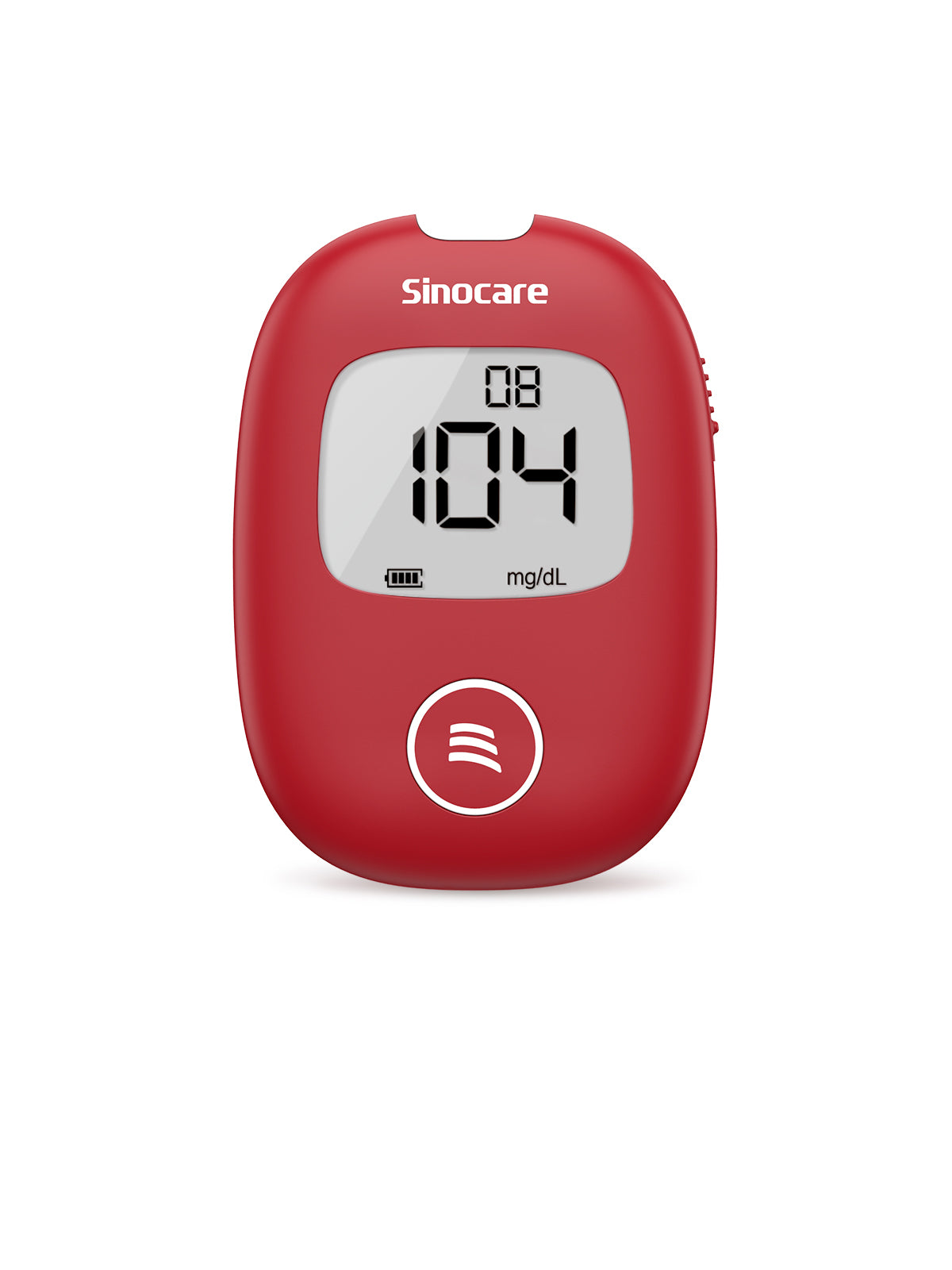
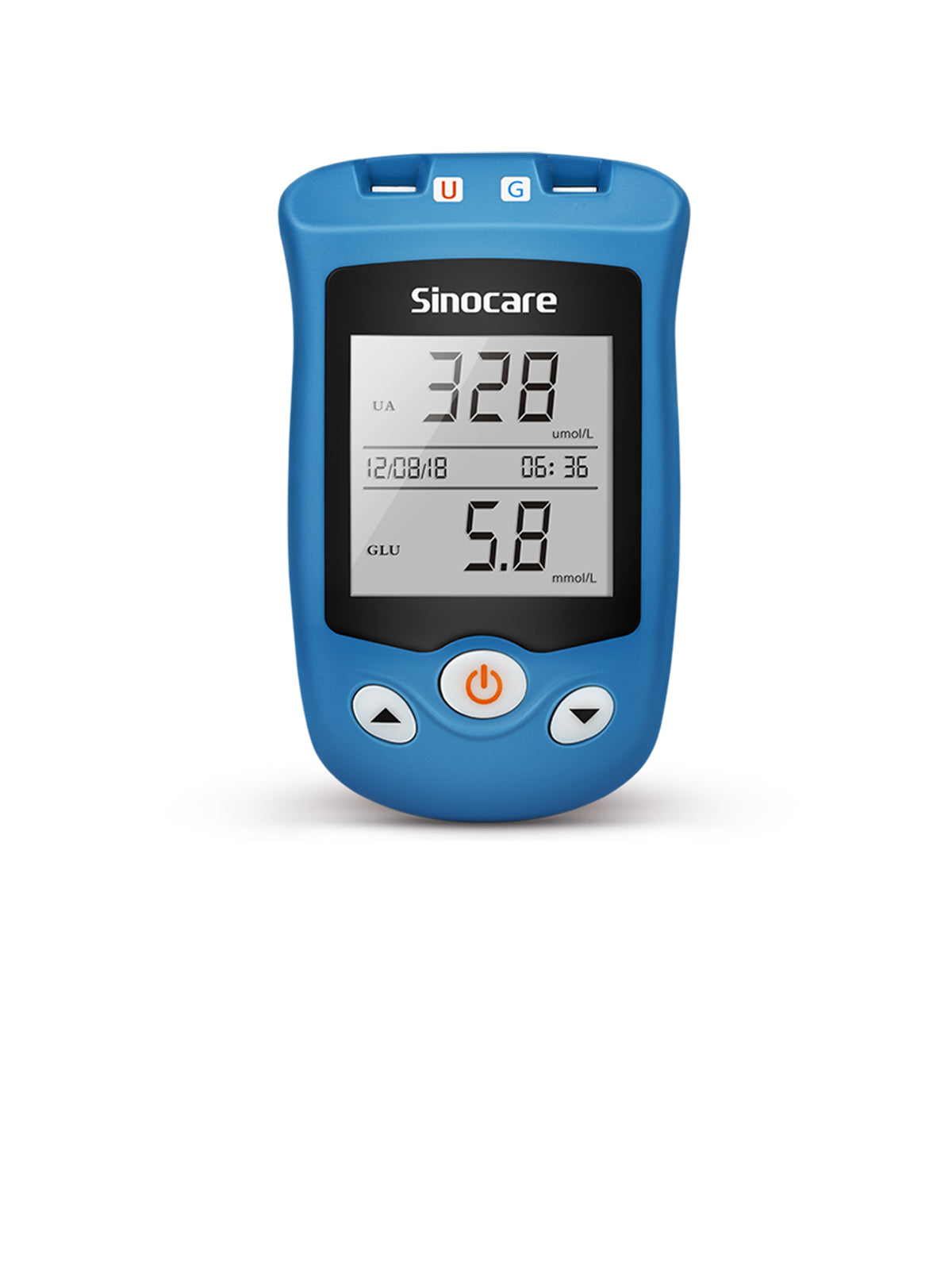

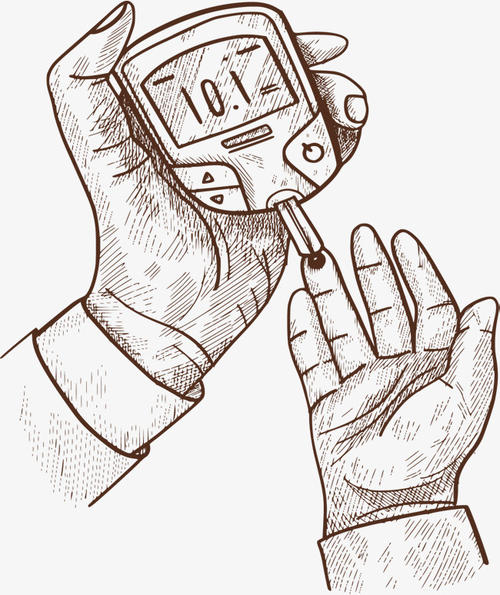




Leave a comment
All comments are moderated before being published.
This site is protected by hCaptcha and the hCaptcha Privacy Policy and Terms of Service apply.